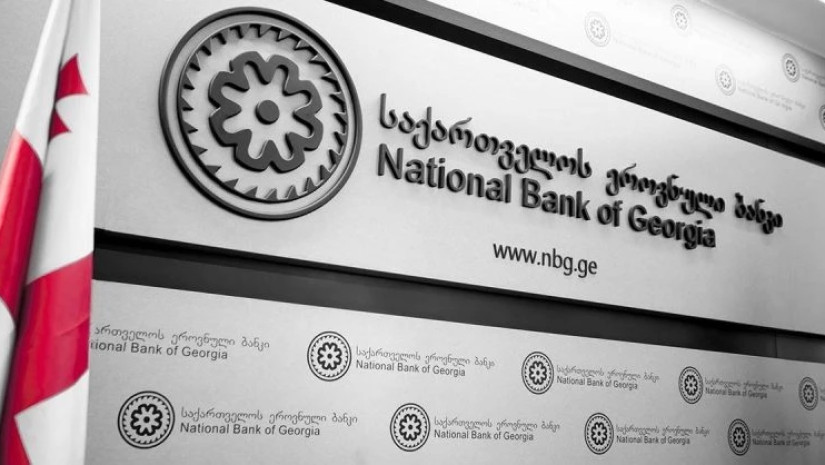On August 2, 2023, the Monetary Policy Committee of the National Bank of Georgia (NBG) decided to decrease the monetary policy rate (the refinancing rate) by 0.25 percent. The monetary policy rate stands at 10.25%.
In June, annual inflation decreased to 0.6 percent. External factors, too, have helped inflation decline. In particular, since the previous year, the prices of raw food commodities and oil on the international markets have been following a downward trend. In addition, international shipping costs have dropped to their pre-pandemic levels. These tendencies, alongside with the appreciation of GEL, reduce the prices of imported goods in Georgia. The tight monetary policy and low inflation expectations help to further curtail inflation. As a result, domestic inflation has also been declining, albeit at a relatively slower speed, and in June it equaled 8.5 percent. It is expected to decrease even further during the year. According to the current forecast, other things being equal, inflation will be below the 3 percent target level in the coming months, and stabilize around it in the medium term. After a prolonged period of high inflation, inflation below the target level will help further normalization of long-term inflation expectations, which in turn is a prerequisite for price stability.
Despite the favorable dynamics, inflation risks remain high. The current tense geopolitical situation increases the uncertainty on the commodities markets. Along with the external risks, domestic economic developments remain noteworthy in terms of inflationary pressure. In particular, the economic growth is still high this year, and the NBG has revised the growth forecast up to 6 percent for 2023. If due to strong aggregate demand the economic growth turns out to be even higher, additional pressure on inflation will arise. In addition, current trends in the labor market must still be considered. At this stage, the wage growth significantly exceeds the productivity growth. If sustained for a long time, such a trend will increase production costs and eventually affect the prices as well.
Considering these risks, the NBG continues a gradual exit from its tight monetary policy stance and, after leaving it unchanged at the previous session, it has reduced the monetary policy rate by 25 basis points at the current meeting. Taking into account inflation trends and forecasts, other things being equal, the NBG will continue to normalize the policy rate only at a moderate pace.
The NBG continuously monitors the developments in the economy and financial markets and will use all available tools to ensure price stability.























